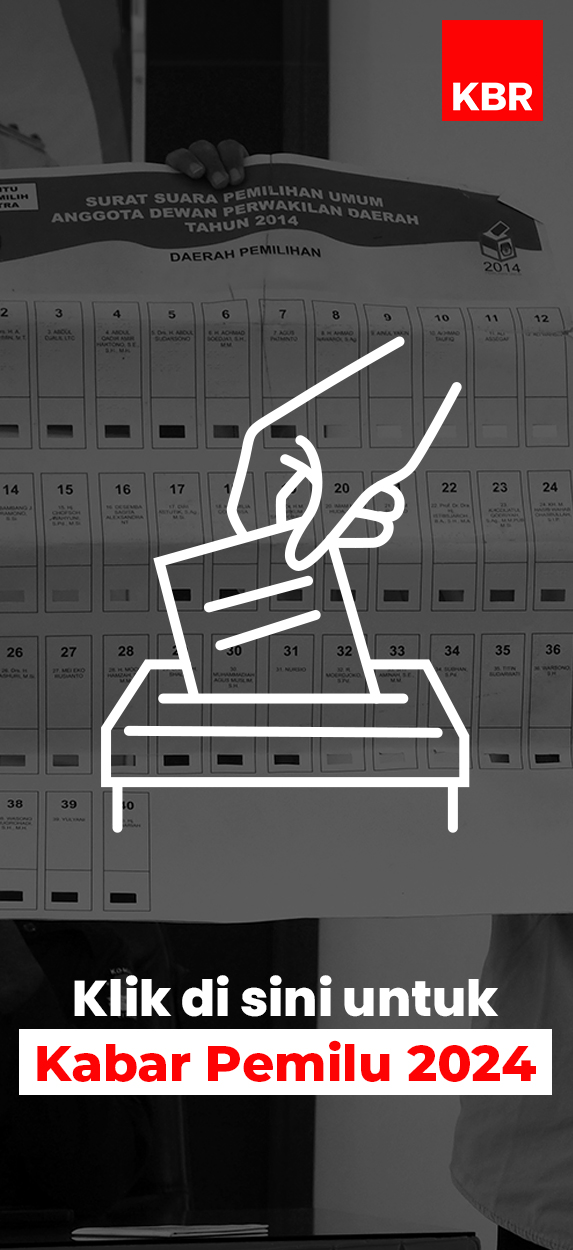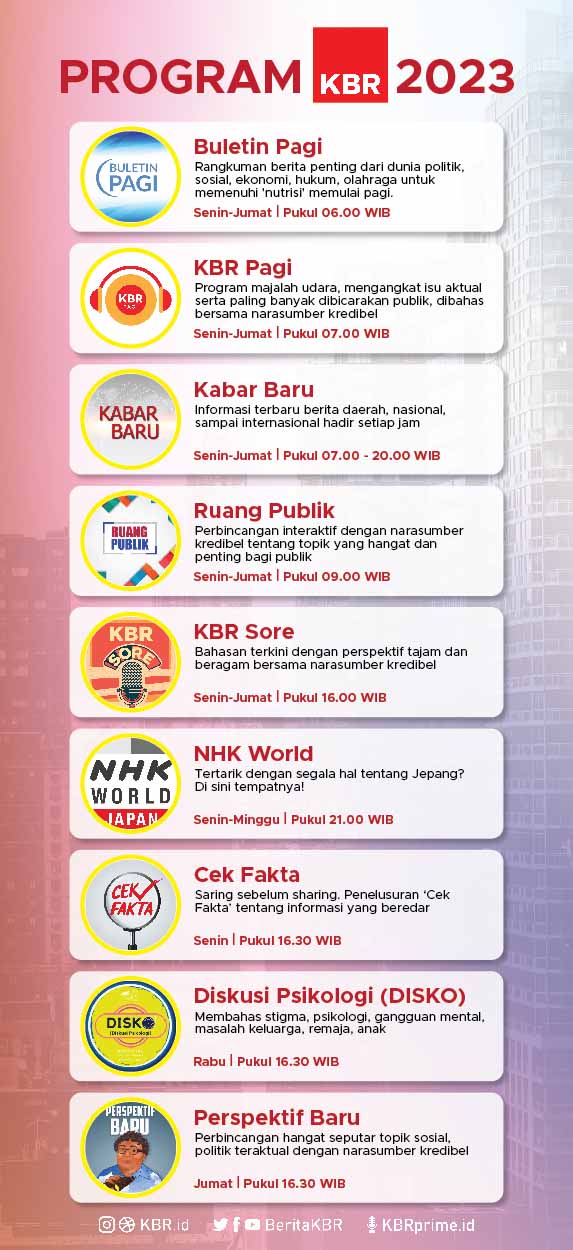The International Labour Organisation in 2011 reported that female workers in Asia are vulnerable to poverty and exploitation.
In Asia, women can earn 70 and 90 percent less than their male counterparts.
The ILO report also surveyed Indonesian factories.
At the state-owned enterprise, Kawasan Berikat Nusantara located in North Jakarta, there are 70 thousand female workers – or 90 percent out of its total workers.
But many women are not granted maternity leave or even paid the minimum wage.
Marsinah Radio, Indonesia’s first radio station for female workers, is teaching them how to fight for their rights.
It’s the last day of the working week for Ari Widiastari. She works at a factory that makes toothpicks in North Jakarta.
She then drives her motorcycle to a community radio station.
“It’s almost the weekend now, so we will only send greetings to our listeners and ask them to share their stories about their work in the factory this week.”
She’s a broadcaster at Marsinah Radio – named after a female factory worker who was raped, tortured and killed for organising a strike 19 years ago.
Ari’s on-air name is Dias, taken from her surname.
“I’m very happy. After 8 hours working at the factory, then I can sit here, listen to music, have an interactive show with our listeners. We have lots of feedback and call-ins. I’m not tired at all, I’m here with my friends.”
Ari says hello to the listeners and starts reading incoming text messages.
She sounds like a professional broadcaster.
“At first I was really nervous. I didn’t know what to do in front of the mic. There were so many people around the studio; they all wanted to be on air. And none of us have the experience as radio broadcaster. This is my first time ever!”
On the radio, they share stories about daily experiences at the factory.
Titin Wartini, who is also a factory worker, is a big fan of Marsinah Radio.
Today she calls in and shares her story.
“We work from 7.30 in the morning until 4.30 in the afternoon. There’s an extra one hour work for us. But we didn’t receive any extra payment. That’s against the law.”
According to Indonesian labour law, labourers work for a maximum 40 hours a week.
But this law is often broken with labourers frequently working extra hours without extra pay.
Many women workers are denied their reproductive rights such as maternity leave and are scared they will be dismissed if they fight back.
But Marsinah Radio is encouraging women to make sure they are getting a fair deal.
Dian Septi Trisnanti from the Cross-Factory Labour Forum is the head of the radio.
“At the grassroots level, women don’t know about their rights as women, or as workers. This is something that we need to transfer to them, so they can understand. If they have this awareness, they can act accordingly. Please don’t see our radio as a propaganda tool. This is an information centre for our fellow female workers, for them to realise and fight their rights as women.”
Marsinah Radio has a long list of shows.
“We have the “Morning Show”, and “Big World” in the afternoon that gives information about the rights of female workers. We have five different talk show programs – we talk about rights and the law, about union, taking in text messages from our listeners, and we even have a show about households.”
If you tune in to 106 FM at noon, you will hear nothing on air. Marsinah Radio only broadcasts in the morning and the afternoon so it matches factory working hours.
As the radio station is still new, it doesn’t have a big number of listeners, yet.
Dian says they are working hard to reach out to new listeners.
“We send text messages to our friends and other workers that we know. We hope that will bring us new listeners.”
Atin Kurniati is one of the new listeners.
“I enjoy listening to Marsinah Radio because this is a community radio, not a commercial one. It’s different compared to other radio stations. I share the same vision with the radio, to improve women’s dignity. I learn a lot about women issues from Marsinah Radio.”
How do you usually listen to the radio?
“I can use radio transistor or use radio in my cell phone. I try to listen to the radio everywhere I go.”
Marsinah Radio was launched on April 21st or Kartini day, to celebrate the birthday of Raden Ajeng Kartini, an Indonesian national heroine and pioneer in the area of women’s rights.
Loyal listener Titin Wartini asks her fellow workers to tune in to Marsinah Radio.
She wants them to feel englightened – just like she did.
“All my life, I was brought up with the concept that women are restricted in the areas of kitchen, well and mattress. Marsinah Radio is an eye-opener. My fellow female workers have to know their rights, and fight for it. We have to be brave, unlike in the old days. The bottom line is, as a worker, we want to work, but we don’t want to be oppressed. There are rules to follow at work. As Marsinah Radio always say, all female workers have to rise together and not to be afraid anymore.”
Back at the studio, Ari finishes her show with Marsinah Radio’s tagline.
“Marsinah workers’ Radio, from female workers to our wellbeing and equality.”







